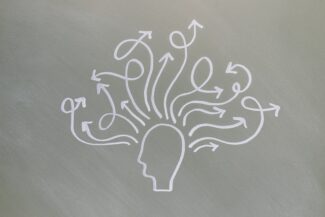ADHD has affected many adults. But the concept of adult ADHD is actually controversial among researchers and neuropsychologists. This is especially true when there were not signs of ADHD in childhood.
Adult ADHD has been found to be a real thing. But ADHD is thought to be best diagnosed with a neuropsychological evaluation and evidence of attention and/or hyperactivity difficulties in childhood (when the disorder really starts to manifest). However, many adults receive diagnoses of adult ADHD based purely on self-report and without comprehensive assessment or evidence of childhood ADHD.
Attentional difficulties are often a key feature of depression, anxiety, PTSD, and other emotional difficulties. Rumination, focus on negative thoughts, and hypervigilance found in these disorders greatly narrow attention and impact the ability to focus. These experiences inhibit individuals from giving attention to everyday demands of work and life. They can also affect memory, because attention is a necessary component of memory.
So attentional difficulties may not always be due to ADHD. Those difficulties in adulthood (and sometimes in childhood) are often accounted for by other disorders individuals may experience. Assuming attentional difficulties are purely due to ADHD can have negative implications for diagnosis and treatment.
Accurate ADHD diagnosis and medication treatment can be helpful for individuals who truly experience adult ADHD. On the other hand, treatments targeting attentional difficulties that are actually caused by things like depression and anxiety miss an opportunity to truly alleviate attentional difficulties and suffering associated with those disorders.









